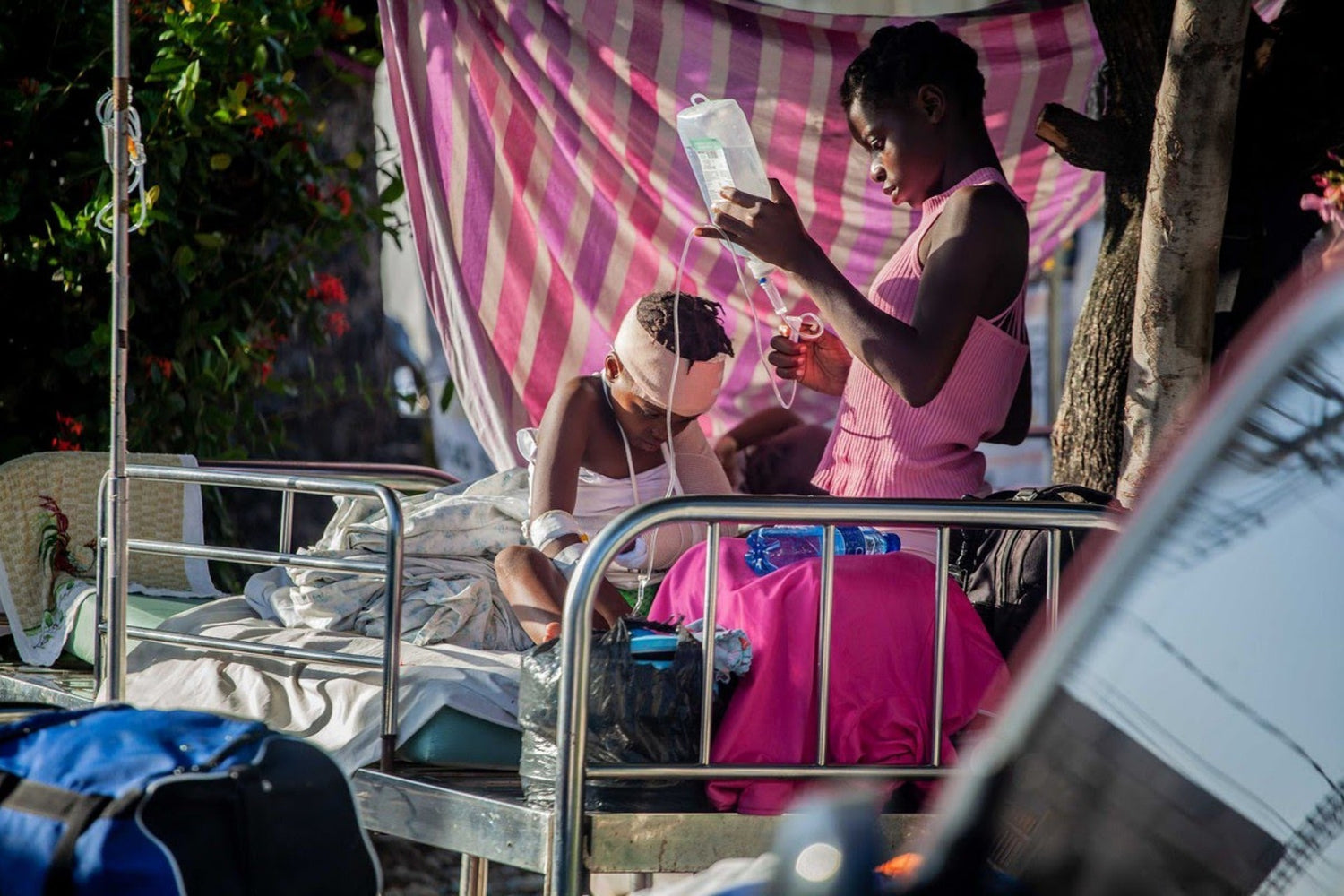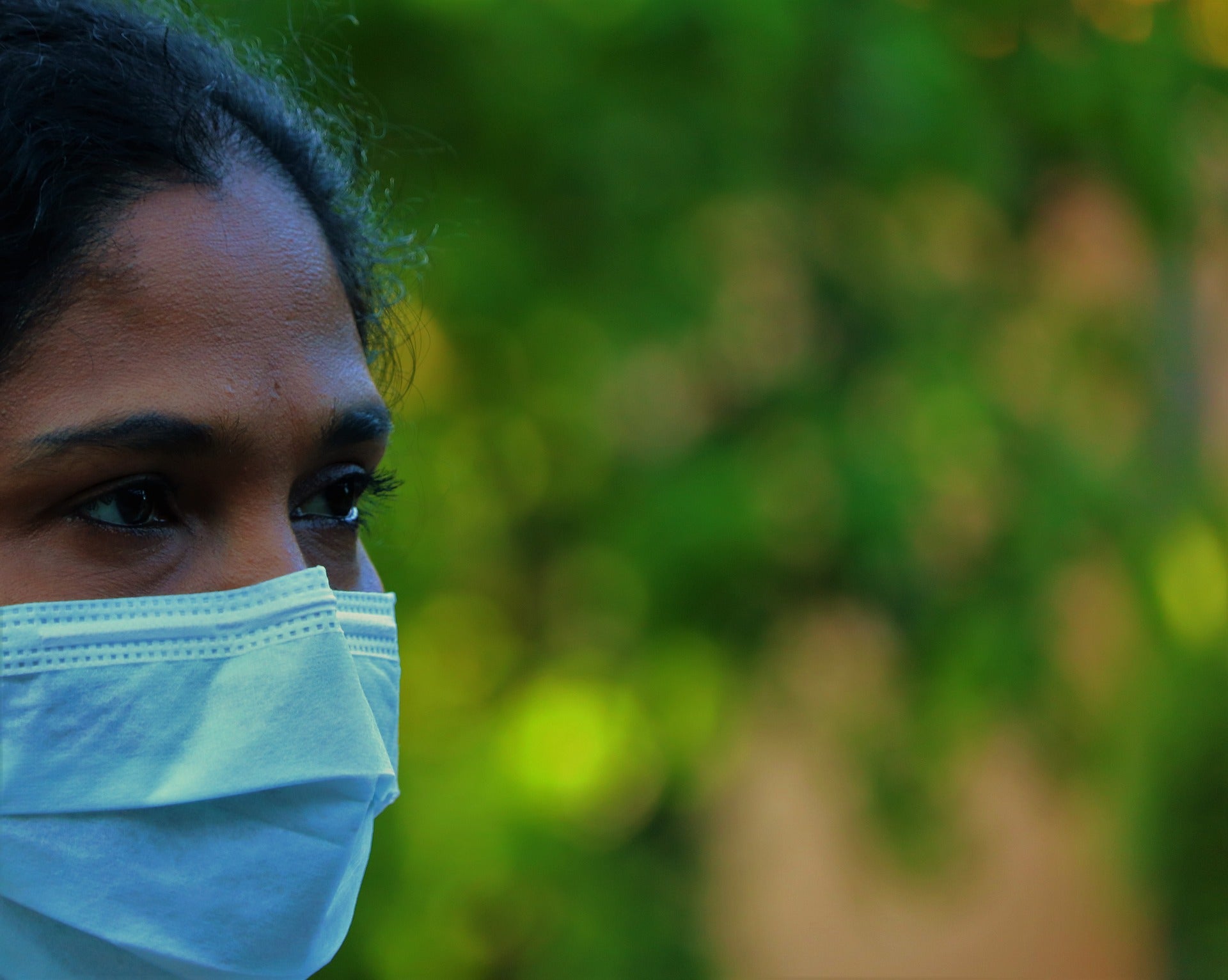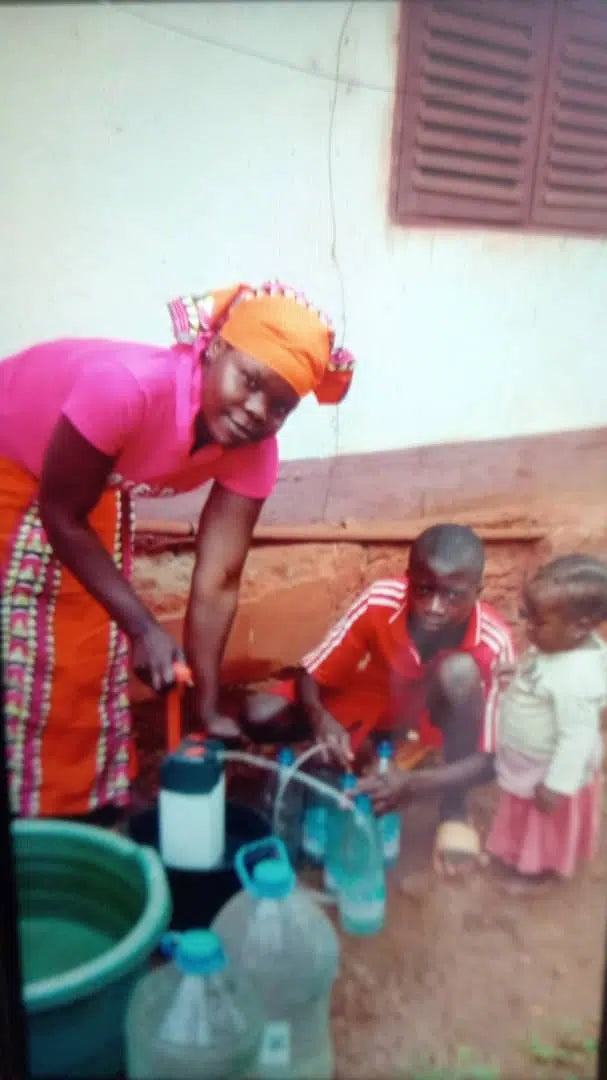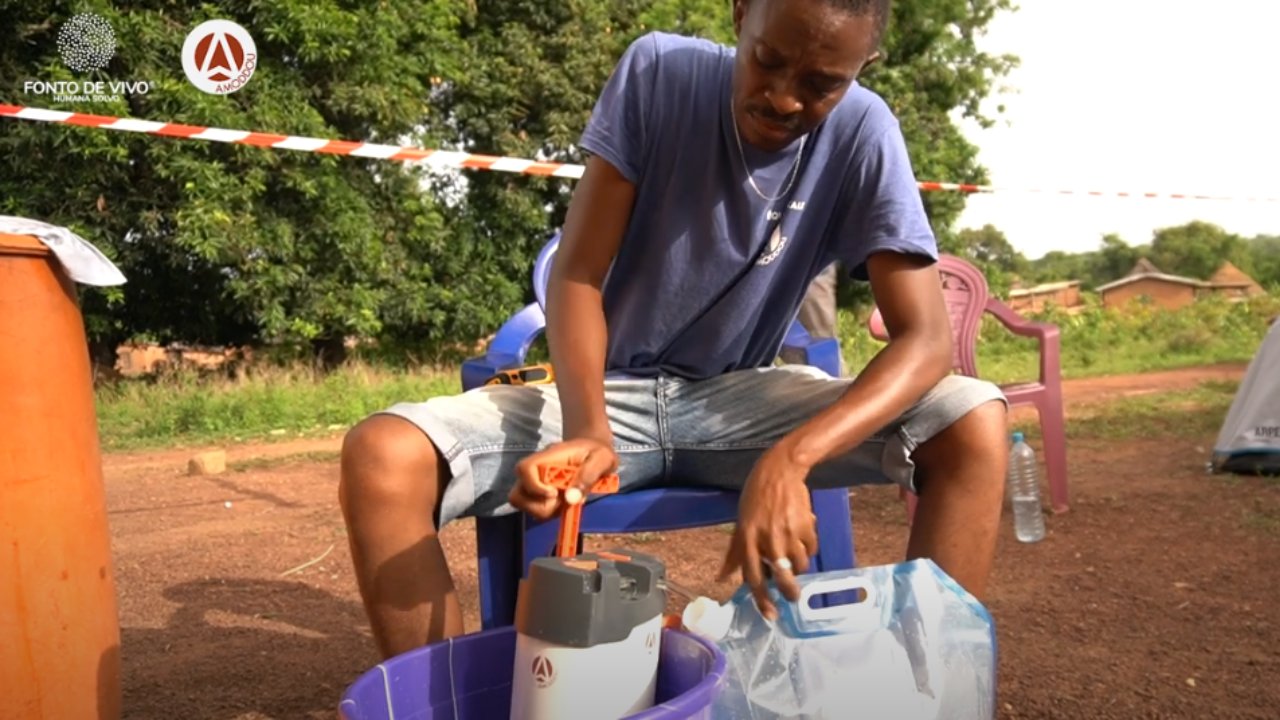
Protecting people's health
NGOs have a crucial health role to play with vulnerable populations, people who are frail, ill, suffering from auto-immune diseases or on a care pathway. They ensure prevention and raise awareness of health risks in local communities. Access to basic healthcare is often compromised in contexts of poverty, conflict or when healthcare infrastructures are inadequate. In some cases, there is a lack of qualified medical staff. In these cases, NGOs work to provide essential health services, medical consultations and treatment, medicines and even emergency surgery. Epidemiological surveillance is also a major challenge, where rapid detection and monitoring of the spread of disease determine the impact of epidemics on the population.
A public health issue
Water, the common denominator of health problems
Access to drinking water in health facilities in humanitarian situations is a vital issue with multiple dimensions. Firstly, drinking water is essential to prevent the spread of water-borne diseases, providing a bulwark against devastating epidemics such as cholera and typhoid. By guaranteeing a constant supply of clean water, these healthcare facilities can ensure the safety of patients and staff, limiting the risk of contagion and medical complications. Drinking water is also essential for basic healthcare, including the preparation of medicines and the performance of medical and surgical procedures. Without reliable access to a safe water source, the quality of care provided and the survival of patients are compromised.
-
PRESERVATION AND AWARENESS-RAISING
Raising awareness is essential to limiting health risks and spreading goodhygiene and epidemic prevention practices.
-
HYGIENE PRACTICES
Promoting effective hygiene practices, such as hand washing with soap and clean water, helps to reduce the spread of infectious diseases.
-
CARE IN RRM
When an epidemic breaks out, treatment of infected patients requires the setting up of treatment centres and the distribution of medical kits.
-
LOCAL TRANSIMISSION
Once the health crisis is under control, there is still a threat. Stabilising a health-friendly situation is vital. To achieve this, staff training and medical equipment are crucial.

Dr. Tedros Adhanom Ghebreyesus, Director-General of the World Health Organization (WHO)
"It is therefore imperative to strengthen global solidarity, invest in resilient and accessible healthcare systems, and work together to achieve universal health coverage."

ORISA® water purifier
✔️ Manual ultrafiltration on demand and secure
✔️ 3L/min and 180L/hour
✔️ 20,000L of water per ultrafiltration membrane
✔️ LOG 8 - 99.999999% efficiency: bacteria and protozoa
✔️ LOG 5 - 99.999% efficiency: viruses
✔️ Innovative integrated cleaning in less than 30 seconds
HEALTH
Clean water to support patient care
-
EPIDEMIOLOGICAL SURVEILLANCE
In a health risk situation, when the population is fragile, it is important to protect it from infectious diseases or epidemics. Detecting epidemics early slows their spread. Patients' symptoms and coordination with local health authorities help to keep the situation under control. Providing clean water also makes a tangible contribution to health management.
-
SPREAD OF WATER-BORNE DISEASES
Access to water that is free from bacteriological and virological contamination and pathogenic parasites helps to protect the immune systems of people who are weak or ill, particularly by reducing the prevalence of diseases such as diarrhoea, cholera and dysentery.
-
ACCESS TO HEALTHCARE
The provision of medical care is essential, as it enables patients to be treated through medical consultations, drug treatment or surgery. During medical consultations and the administration of medicines, clean water is essential to avoid the risk of over-contamination or super-infection.
-
STRENGTHENING HEALTH SYSTEMS
The success of a humanitarian intervention depends on the sustainability of its implementation. Thanks to our autonomous solutions, access to clean water is sustainable , so that water-borne diseases, whether or not they are at the root of health problems, come to an end or do not reoccur. ORISA® offers autonomy to populations and resilience to health structures through the autonomous production of healthy water.
Our deployments in health centres and mobile clinics

FRANCE ÉCHANGE CAMEROUN
CARE IN HEALTH CENTRES IN CAMEROON
Deployment of an ORISA® water purifier in the Catholic health centre in Semto, providing access to clean water during medical procedures.

EAU ET ARBRISSEAU
HEALTHY DEPLOYMENT IN MADAGASCAR
Deployment of 35 ORISA® water purifiers in a clinic, for a midwife, in a school, a restaurant and for several families.

An effective solution for medical care and treatment
Health centres or mobile clinics require advanced treatment to eliminate pathogens present in the water. Purified water is essential both for patients' daily consumption and for oral treatments, including rehydration salts.
The ORISA® purifier is particularly well suited to small-scale facilities, such as small technical centres or clinics with a few in-patient beds. A few ORISA® purifiers are all you need to ensure rapid, input-free filtration, offering a more flexible and economical solution than conventional solutions.

DEPLOYING ORISA®
Let's talk together about your health interventions, with health facilities, mobile clinics, medical caravans, etc., to improve the health of your beneficiaries.